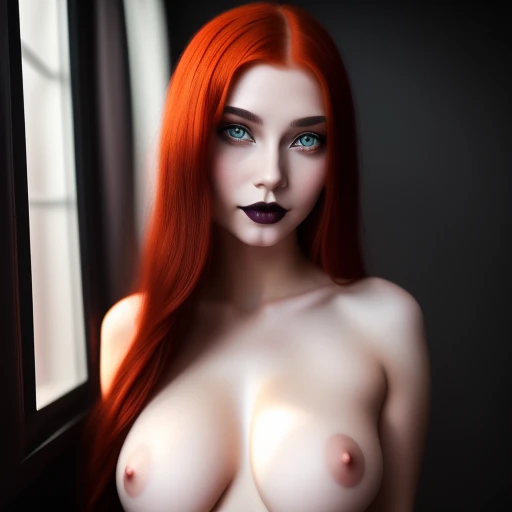Alfred Schnittke: Concerto Grosso No. 2; Faust Cantata (2008)
Erik Kurmangaliev, countertenor; Raisa Kotova, contralto; Anatoli Safiulin, bass
USSR Ministry of Culture Symphony Orchestra & State Chamber Choir, Gennady Rozhdestvensky
Oleg Kagan, violin; Natalia Gutman, cello
EAC | FLAC | Image (Cue&Log) ~ 324 Mb | Mp3 (CBR320) ~ 157 Mb | Scans ~ 55 Mb
Genre: Classical | Label: Melodiya | # MEL CD 10 01547 | Time: 01:08:50
Erik Kurmangaliev, countertenor; Raisa Kotova, contralto; Anatoli Safiulin, bass
USSR Ministry of Culture Symphony Orchestra & State Chamber Choir, Gennady Rozhdestvensky
Oleg Kagan, violin; Natalia Gutman, cello
EAC | FLAC | Image (Cue&Log) ~ 324 Mb | Mp3 (CBR320) ~ 157 Mb | Scans ~ 55 Mb
Genre: Classical | Label: Melodiya | # MEL CD 10 01547 | Time: 01:08:50
Alfred Schnittke's Second Concerto Grosso is a different creature than his First. While the 1977 Concerto Grosso No. 1 for 2 Violins, Strings and Keyboards is a lithe, vicious, often comical work, the Second, finished five years later, is a weightier affair. The soloists are now violin and cello; the Baroque band is now a full orchestra with electric guitar, drum kit, and brake drum; there are four large movements rather than six smaller ones; the entire work is imbued with an air of sincere tragedy, albeit with mud on its shoes. Schnittke dedicated the work to its premiere soloists, husband-and-wife duo Oleg Kagan (violin) and Natalia Gutman (cello); famed for their flawless ensemble, the couple inspired in Schnittke a musical air of companionship – a single soul in two instruments.














